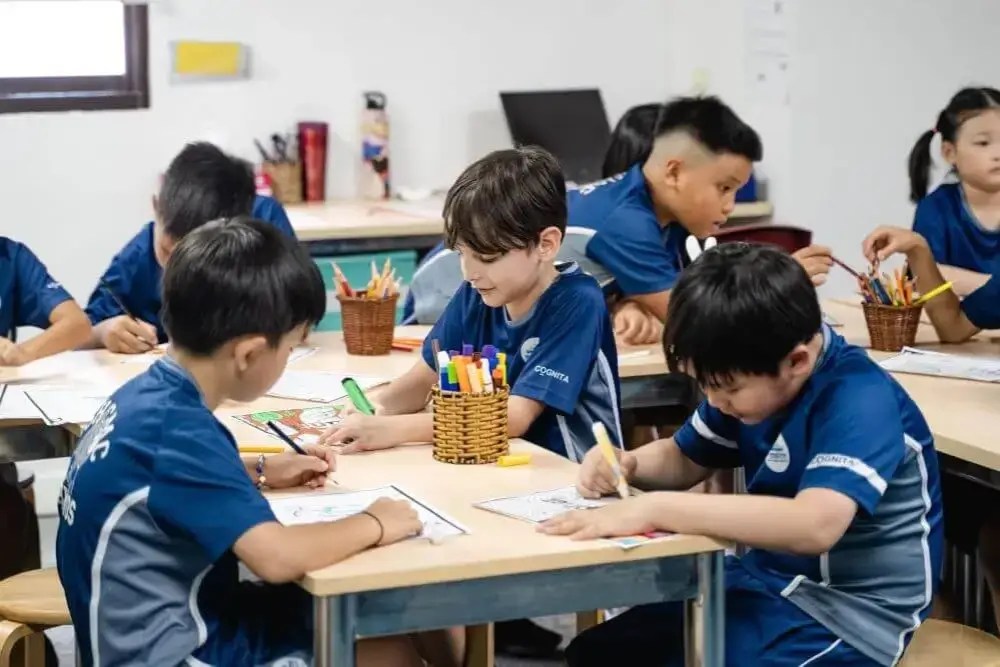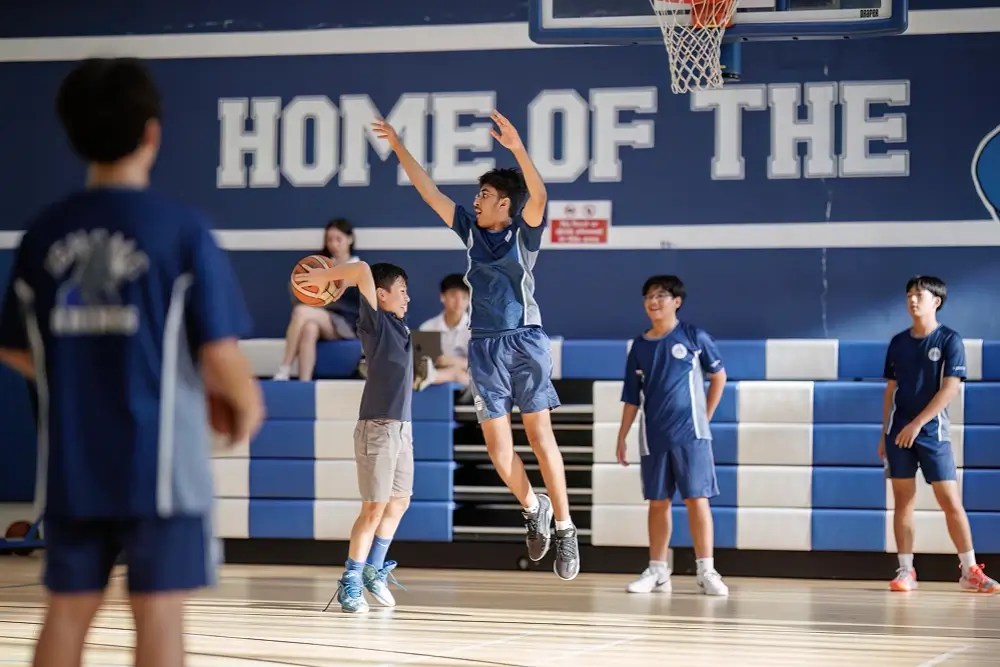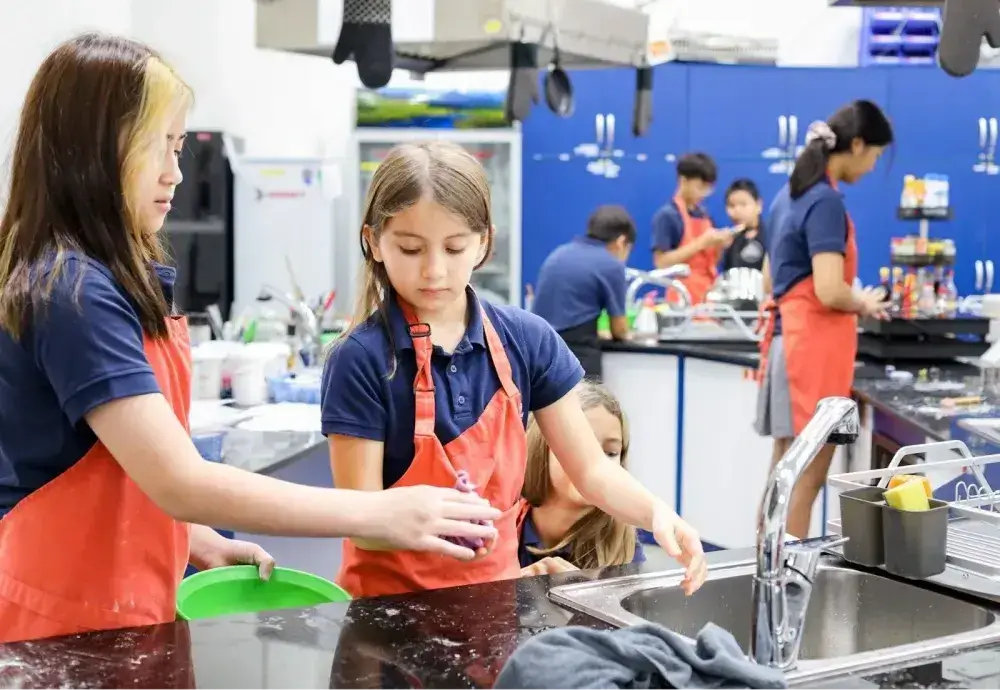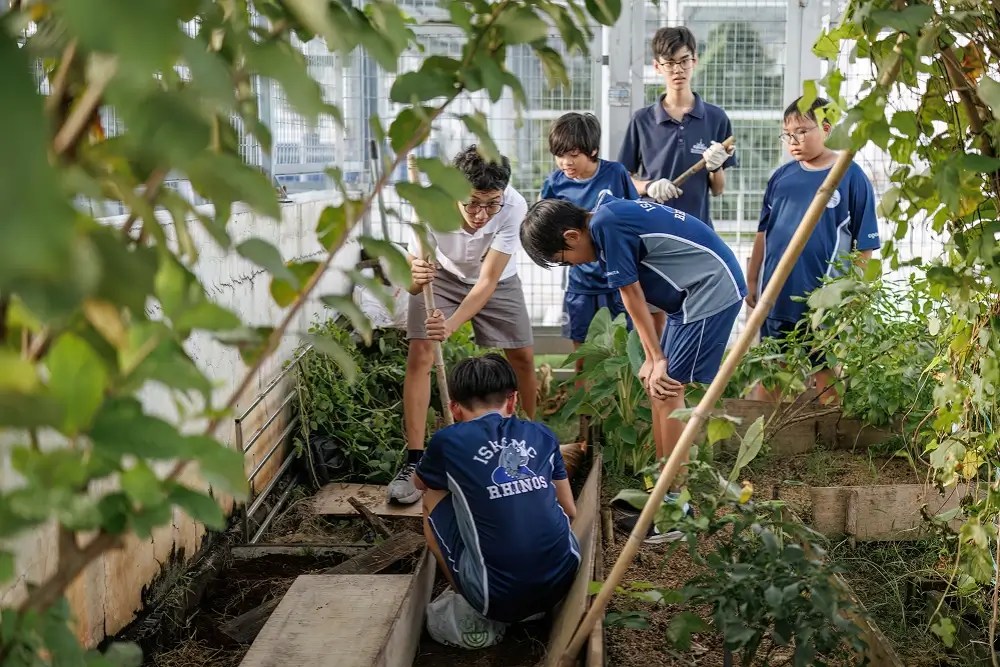10 Proven Stress Management Techniques for Students That Work
Students often face pressure from school expectations, social situations, and constant exposure to technology. If unmanaged, this stress affects their motivation, sleep, and concentration. Practical techniques help students regulate emotions and stay resilient in fast-paced learning environments.
The International School Ho Chi Minh City (ISHCMC) integrates these techniques into its daily teaching through internationally recognized programs like the International Baccalaureate Primary Years Programme, Middle Years Programme, and Diploma Programme. Students gain tools to manage stress through experience, structure, and reflection.
Why Stress Management Matters for Students
Stress affects more than just mood. It directly influences brain function, memory retention, decision-making, and attention span. When students experience consistent pressure, whether from academic expectations, social dynamics, or overstimulation from their environment, their ability to learn and perform often declines. Even highly motivated students may feel discouraged, distracted, or emotionally overwhelmed if they do not understand how to manage their stress.
Without proper support, stress can lead to burnout, disengagement, and anxiety that affect long-term growth. In contrast, students who learn how to regulate their emotions early develop resilience, improve their academic performance, and build stronger social relationships. They remain more present in class, approach challenges with greater flexibility, and recover more quickly from setbacks.
Teaching stress management as a foundational skill equips students with tools that not only improve their daily school experience but also serve them throughout life. These strategies create a healthier mindset that enhances confidence, motivation, and long-term wellbeing.
Stress Management Techniques for Students That Support Daily Wellbeing
Helping students build emotional resilience requires more than encouragement. It involves practical, consistent techniques they can apply across different situations to stay balanced, focused, and engaged. The following strategies offer proven, age-appropriate ways to manage stress and promote long-term wellbeing.
1. Mindfulness and Breathing Exercises
When students feel anxious, their ability to concentrate and solve problems decreases. Mindfulness helps them return to the present moment by lowering stress and calming the nervous system. Breathing exercises, such as box breathing or 4-7-8 breathing, allow the body to slow down and respond rather than react. These techniques are simple, portable, and effective across all age groups.
ISHCMC integrates mindfulness for students into classroom transitions, group discussions, and reflective practices. Students learn to use breathing exercises before assessments or after emotionally charged situations, allowing them to remain composed and ready to learn.
2. Guided Journaling and Emotional Check-Ins
Reflection encourages students to process emotions and identify patterns in their reactions. Journaling helps students organize thoughts and regulate responses to stressful experiences. It also builds emotional vocabulary, which leads to stronger interpersonal communication.

At ISHCMC, students engage in journaling during advisory time and project reflection phases. Teachers use age-appropriate prompts to help students explore their emotions, build metacognitive awareness, and become more reflective learners.
3. Active Movement and Physical Release
Exercise improves mood, sharpens focus, and reduces tension. Movement helps students release built-up stress and return to class with better energy and concentration. Even short activity breaks or participation in sports can reset their mindset and support learning.

ISHCMC offers a variety of physical education opportunities, from structured PE classes to competitive sports like the Stingray swim team. Movement is intentionally woven into the day, giving students consistent outlets to channel energy in a healthy way.
4. Smart Time Management with Student-Friendly Tools
Stress often stems from feeling disorganized or overwhelmed. Students benefit from learning to prioritize tasks, use visual calendars, and set short-term goals. These habits reduce last-minute panic and give students a greater sense of control.
ISHCMC teaches time management as part of the Approaches to Learning framework. Students develop task planning skills early and apply them through projects, assessments, and independent study. Tools like checklists and digital planners are encouraged to build personal accountability.
5. Creative Expression and the Arts
Creative expression offers a powerful way to release stress and explore identity. Music, drawing, painting, and drama allow students to communicate what they might struggle to say with words. The arts help students access joy, process emotion, and stay engaged with learning.

ISHCMC provides diverse platforms for creativity, including choir, orchestra, drama clubs, and visual arts. These programs support emotional wellbeing while helping students develop confidence, originality, and collaboration skills.
6. Sleep Hygiene and Digital Boundaries
Rest is essential to emotional stability. Irregular sleep patterns and screen exposure late at night reduce memory retention, heighten emotional reactivity, and lower attention spans. Students who follow consistent sleep routines manage stress better and stay more focused.
ISHCMC guides students in building healthy digital habits and understanding their impact on sleep. Lessons on digital literacy and device responsibility help students reflect on their screen use and adopt sleep-supportive routines.
7. Connection with Trusted Adults and Peers
Supportive relationships serve as emotional anchors for students. Having someone to talk to, such as a teacher, peer, or mentor, helps them feel safe and capable. These connections encourage open communication, reduce feelings of isolation, and provide space for constructive problem-solving.

ISHCMC fosters a culture of care through advisory programs, peer collaboration, and open communication with staff. Students know who to turn to when they need help, which builds a strong foundation for mental wellbeing and resilience.
8. Mindful Nutrition and Hydration
Food and hydration choices significantly affect energy, concentration, and mood. High-sugar snacks or skipping meals can lead to irritability and fatigue. Teaching students how food supports learning empowers them to make better choices throughout the day.
At ISHCMC, students have access to a balanced, varied meal program through the school canteen. Teachers also reinforce the importance of hydration and healthy nutrition during wellness lessons and classroom discussions.
9. Resilience-Building Through Project-Based Learning
Stress tolerance grows when students practice working through uncertainty and challenge. Project-based learning gives students real problems to solve, which builds critical thinking, persistence, and confidence. Reflection and revision help them become more flexible and adaptable.

ISHCMC applies project-based learning across all grade levels. Students engage in inquiries that connect with the real world, face feedback, and adapt their strategies. This environment helps them develop a strong internal response to setbacks.
10. Digital Tools for Calming and Focus
Students can use technology to support wellbeing when they understand how to apply it intentionally. Apps for meditation, focus, or mood tracking help students develop awareness and pause when stress begins to rise. When integrated into routines, these tools become supportive companions.
ISHCMC promotes responsible technology use as part of everyday learning. Teachers introduce students to selected tools that encourage focus and calm, such as timers, mindfulness apps, or journaling platforms, teaching them to use devices with purpose.
Give Your Child the Tools to Thrive
Students thrive when they understand how to manage stress. These skills support better learning, healthier relationships, and greater independence.
ISHCMC teaches these techniques through a whole-child approach. Inquiry-based learning, structured reflection, and emotional wellbeing are part of daily life at the school. Students gain the tools to grow academically while building confidence and resilience.
Apply today or schedule a visit to see how ISHCMC equips students to succeed in learning and in life.








